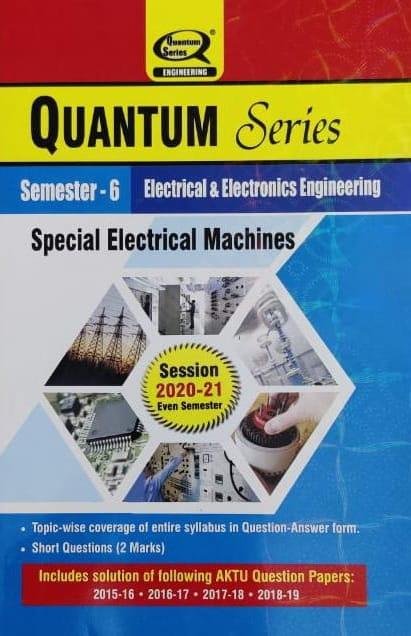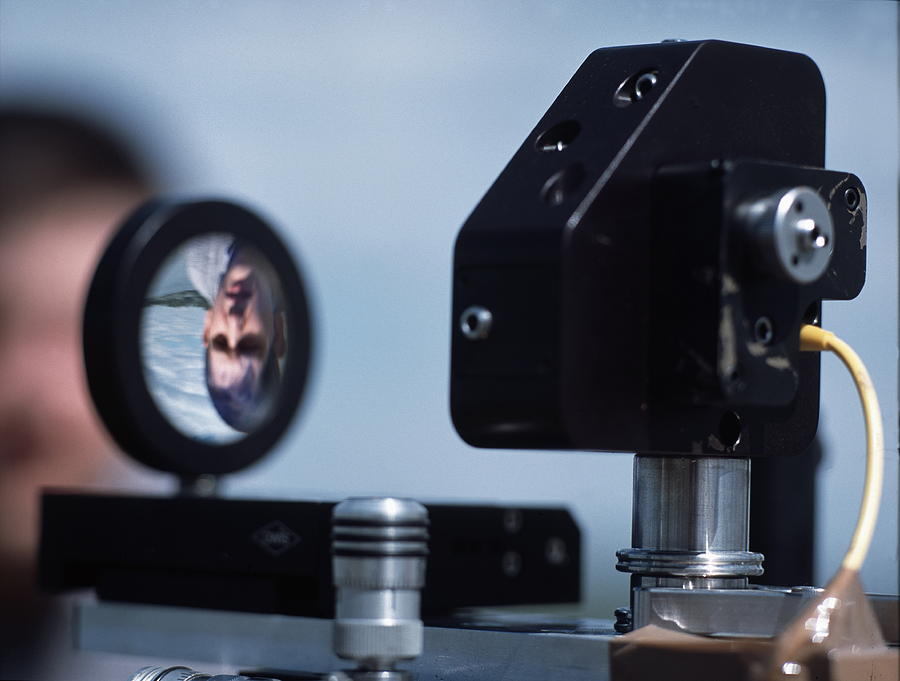

However the speed of these devices, limited by the entangling gates, has not increased commensurately. Trapped-ion devices have demonstrated, on a small number of qubits, all the building-blocks required to build a quantum computer with precision better than any competing technology. developing and applying new theoretical tools to understand and optimise many-qubit couplings obtaining precision coherent control over individual atomic ions building an apparatus that uses a newly developed type of trapped-ion qubit The project will involve both experimental and theoretical work, including:

This is a challenging project which will push the limits of laser technology, quantum/classical control techniques, and quantum algorithm design. The aim of this project is to develop and utilise a world-class intermediate-scale quantum computer that, by virtue of high-fidelity any-qubit-to-any-qubit entangling gates along with low error rates, will operate at a performance level currently unachievable in any other architecture. Schoelkopf, 27 February 2019, Nature.Trapped-ion devices have demonstrated, on a small number of qubits, all the building-blocks required to build a quantum computer with precision better than any competing technology. Reference: “Entanglement of bosonic modes through an engineered exchange interaction” by Yvonne Y. Yale scientists are at the forefront of efforts to develop the first fully useful quantum computers and have done pioneering work in quantum computing with superconducting circuits.Īdditional authors of the study are Kevin Chou, Luigi Frunzio, Michel Devoret, Liang Jiang, and Steven Girvin. The discovery is just the latest step in Yale’s quantum research work. “We can now choose any desired codes or even change them on the fly without having to re-wire the operation,” said co-first author Brian Lester. The universal entangler mitigates this limitation by providing a gate between any desired input states. However, each of them requires wiring up a new set of tailored operations, introducing a significant hardware overhead and reduced versatility.” “Scientists have invented a wealth of hardware-efficient, quantum error correction codes - each one cleverly designed with unique characteristics that can be exploited for different applications. “This universal entangler is critical for robust quantum computation,” said Yvonne Gao, co-first author of the study.

In the study, researchers demonstrated the new technology by deterministically entangling encoded states in any chosen configurations or codes, each housed in two otherwise isolated, 3D superconducting microwave cavities. The entangling mechanism is called an exponential-SWAP gate. “It’s a much more sophisticated operation than what has been performed previously.” “We’ve shown a new way of creating gates between logically-encoded qubits that can eventually be error-corrected,” said Schoelkopf, the Sterling Professor of Applied Physics and Physics at Yale and director of the Yale Quantum Institute.


 0 kommentar(er)
0 kommentar(er)
